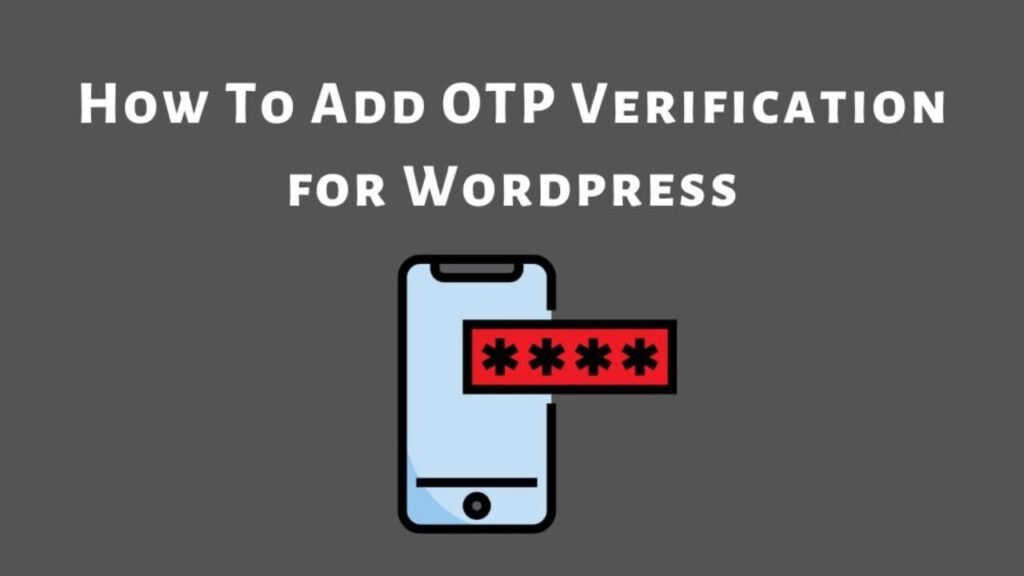What To Know
- Use a backup plugin to restore a working version of your site.
- WordPress is a powerful and flexible platform, but it comes with challenges that require regular maintenance and proactive troubleshooting.
- WordPress powers over 40% of all websites, making it a popular choice for businesses and bloggers alike.
WordPress powers over 40% of all websites, making it a popular choice for businesses and bloggers alike. However, despite its flexibility and ease of use, WordPress comes with its own set of challenges. From security vulnerabilities to performance issues and plugin conflicts, WordPress users often face problems that can disrupt their websites.
In this blog, we’ll explore some of the most common WordPress challenges and provide actionable solutions to keep your website secure, fast, and fully functional.
1. Security Vulnerabilities
The Challenge:
WordPress websites are frequent targets for hackers due to their widespread use. Security threats include malware infections, brute force attacks, SQL injections, and unauthorized access.
How to Fix It:
- Keep WordPress Updated: Always update WordPress core, plugins, and themes to the latest version.
- Use Strong Passwords & Two-Factor Authentication (2FA): Secure login credentials help prevent unauthorized access.
- Install a Security Plugin: Use security plugins like Wordfence, Sucuri, or iThemes Security.
- Use SSL Certificates: Enable HTTPS to encrypt data transfers and boost security.
- Regular Backups: Schedule daily or weekly backups using plugins like UpdraftPlus or BackupBuddy.
2. WordPress Performance Issues
The Challenge:
Slow loading speeds can frustrate users and negatively impact search engine rankings. Poor hosting, unoptimized images, and excessive plugins can slow down WordPress websites.
How to Fix It:
- Choose a Fast Hosting Provider: Opt for managed WordPress hosting like Kinsta, SiteGround, or WP Engine.
- Use a Caching Plugin: Install WP Rocket or W3 Total Cache to improve page speed.
- Optimize Images: Compress images using plugins like Smush or ShortPixel.
- Enable a Content Delivery Network (CDN): Use Cloudflare or StackPath to serve content faster.
- Reduce Plugin Usage: Deactivate unnecessary plugins that might slow down your site.
3. Plugin Compatibility Issues
The Challenge:
WordPress plugins add functionality, but conflicts between plugins, themes, and WordPress updates can lead to errors, such as the White Screen of Death (WSOD).
How to Fix It:
- Update Plugins Regularly: Keep all plugins updated to the latest version.
- Test Before Installing New Plugins: Use a staging site to test plugin compatibility.
- Deactivate Plugins One by One: If an error occurs, deactivate all plugins and reactivate them individually to find the culprit.
- Choose Reliable Plugins: Download plugins from reputable sources like the WordPress Plugin Repository.
4. Troubleshooting Common WordPress Issues
The Challenge:
WordPress errors can break your website and affect usability. Common issues include:
- White Screen of Death (WSOD)
- 500 Internal Server Error
- Error Establishing a Database Connection
How to Fix It:
- Check Error Logs: Review server error logs to identify the issue.
- Increase PHP Memory Limit: Modify the wp-config.php file to increase memory allocation.
- Restore from Backup: Use a backup plugin to restore a working version of your site.
5. Other WordPress Challenges
Data Loss Prevention: Always keep backups to avoid losing critical website data.
Managing Client Expectations: Set clear project timelines and deliverables.
Project Delays: Plan development tasks effectively and avoid last-minute changes.
Code Quality & Maintainability: Follow WordPress coding standards to ensure clean, efficient code.
Lack of Regular Updates & Maintenance: Update WordPress core, themes, and plugins regularly to prevent security and performance issues.
Dependence on Third-Party Services: Avoid over-reliance on third-party plugins and services that could become obsolete.
Conclusion
WordPress is a powerful and flexible platform, but it comes with challenges that require regular maintenance and proactive troubleshooting. By securing your site, optimizing performance, and managing plugins wisely, you can ensure your WordPress website runs smoothly in 2025 and beyond.
Need help with WordPress issues? Consider hiring an experienced WordPress developer to handle security, performance, and maintenance tasks efficiently.

